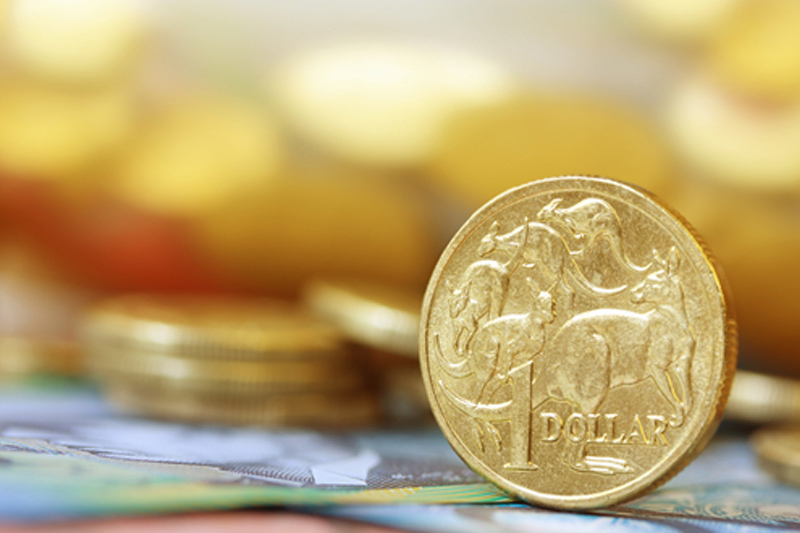Investing.com - The yen held weaker Thursday after corporate good prices declined again and the Aussie surged after Australia jobs data jumped way beyond an expected fall.
Japan reported corporate goods prices for November fell 0.1% month-on-month, the eighth straight monthly drop, compared to a fall of 0.3% seen.
Australia said employment data showed a 71,400 jobs gain in November, compared to a drop of 10,000 jobs seen at a participation rate of 65.3%, above the 65% expected, for an unemployment rate of 5.8%, well below the 6% expected.
Also in Australia, annual MI Inflation expectations for December came in at 4.0%, up from 3.5% in November.
Separately, the New Zealand dollar held gains Thursday after a cut in the official cash rate of 25 basis points to 2.5% as investors mulled whether the next step was up.
NZD/USD traded at 0.6742, up 0.35%, while AUD/USD traded at 0.7297, up 0.95%. USD/JPY changed hands at 121.61, up 0.14%
"Monetary policy needs to be accommodative to help ensure that future average inflation settles near the middle of the target band," Governor Graeme Wheeler said in a statement announcing the decision.
"We expect to achieve this at current interest rate settings, although the Bank will reduce rates if circumstances warrant. We will continue to watch closely the emerging flow of economic data."
Those circumstances could include global reaction to matters such as the anticipated tightening of U.S. Federal Reserve monetary policy, which is expected to begin next week, and any effect it has on the New Zealand exchange rate.
The U.S. dollar index, which measures the greenback’s strength against a trade-weighted basket of six major currencies, was quoted flat at 97.33.
Overnight, the dollar pushed lower against the other major currencies in quiet trade on Wednesday, as recovering oil prices lent strength to commodity-linked currencies, although expectations for a U.S. rate hike this month continued to support the greenback.
The dollar remained broadly supported after Friday's strong U.S. employment data fuelled further expectations that the Federal Reserve will hike interest rates for the first time since 2006 at its upcoming meeting on December 15-16.
Trade in the euro remained subdued after last Thursday’s rally when the latest round of European Central Bank easing measures fell short of market expectations.
